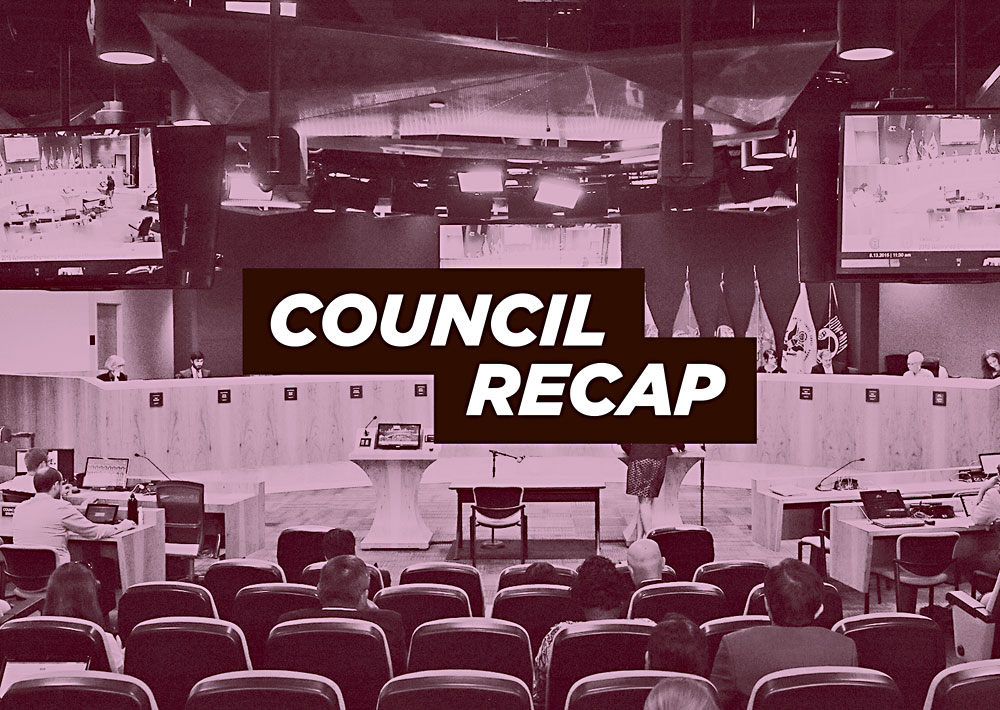City Council approved a pilot program at its Thursday, May 5 meeting to provide monthly payments of $1,000 to 85 households for an entire year. Once people are accepted into the guaranteed income pilot, they won’t have to “prove” they still need the help, as many government-run financial aid programs normally require.
The pilot project will cost $1.18 million, with $152,000 going to TogetherTogether, a California-based nonprofit that the city has partnered with to administer the program. The remaining funds, which were approved by the Board as an addendum to the fiscal year 2022 budget, will go to eligible families. UpTogether has experience administering direct cash assistance in Austin under the COVID-19 relief efforts in 2020 (when the group was known as Family Independence Initiative), and also works with the St. David’s Foundation on a similar guaranteed income pilot program.
These programs are guided by two fundamental principles: that the poor know better where to spend the money they have and that their needs can change more quickly than traditional public assistance programs (rent assistance, food allowances, childcare subsidies children, etc.) at the top. Austin Equity Director Brion Oaksin a memorandum to Council, referred to research by the city Innovation Office who found that these quick-breaking “financial shocks” are “the main drivers of displacement” because they come on top of other financial pressures – such as overdue bills that rack up late fees or payday loans that generate interest – which can lead to eviction. Unrestricted income support, Oaks wrote, should not be seen as a “gift” of public funds, but as an “essential investment in families and individuals” that can improve their health and wealth to the point where they need less public sector support for the long term.
Mayor Steve Adler alluded to these ideas in his comments before the Board approved the program. “I just think [it’s] so misleading and so false” for people to call government aid programs “gifts,” the mayor said. “The concept being tested is: what if you actually trusted people to get a dollar and spend it in the most meaningful way for their family?” Adler also tied the guaranteed income program, which he hopes staff can expand and sustain in the coming years after the pilot, to the city’s broader effort to reduce homelessness.
Mayor Pro Tem Alison Alter voted against the program, explaining in remarks before the vote that it was a complex decision for her. Alter acknowledged that the program would help families in need, but given the scale of need in the city and the limited financial resources the city can deploy to meet that need, she felt that guaranteed income was not not the right type of program for the city. undertake. “When I look at all the levers I have to help families meet basic needs,” Alter said. “I have not been able to conclude that this investment, at this time, is the best way for me to meet those needs.” Council Members Pool Leslie and Mackenzie Kellywho both have similar reservations about guaranteed income (and, in Kelly’s case, the appropriate role of government), did not attend the May 5 meeting.
To read: “We recognize that it is becoming much more expensive to live in Austin, and more and more people are struggling to make ends meet. But we wonder if providing unrestricted cash payments to residents is the appropriate role of municipal government.” https://t.co/BVh7dSi7bK
— Mackenzie Kelly (@mkelly007) May 4, 2022
Guaranteed income programs have ambitious goals, and although similar programs exist in about 50 US cities, they remain largely untested as a means of reducing poverty. The Council’s vote to create the Austin pilot was postponed from its April 21 meeting in part because of questions about how to gauge its effectiveness; staff intend to work with Urban Institute, a DC-based think tank, to assess the success of the program. This analysis will include interviews with participants and stakeholders to identify potential improvements for future iterations of the program, as well as a “quasi-experimental quantitative analysis” comparing results for program participants and non-participants. Some suggested measures include the ability to cover an emergency expense of $400; the ability to access preventive health care and maintain a healthy diet; and the “ability to live life to the fullest,” which could be measured by how often caregivers prepare meals for children or have time for hobbies and interests.
The CMs are also concerned that Texas law authorizes a guaranteed income program that is not intended to address the specific public policy issues facing the city. Staff intend to focus on qualifying indicators to select participants, such as households at risk of eviction, utility customers who consistently miss payments, or people transitioning from homelessness to housing. with support services.
At present, all the data we have on the success of UpTogether comes from the nonprofit organization itself. At a press conference earlier today, Ivanna Neri, director of UpTogether’s South West Partnership, said preliminary results from the St. David’s Foundation pilot project showed that all 125 program participants used the money to pay for basic necessities like housing, food, clothing and gasoline. Independent analysis of a publicly funded pilot project could go a long way to testing the underlying theory of guaranteed income – that empowering people with unlimited financial assistance can be both an effective and more worthy of reducing poverty.
Do you have something to say ? the the Chronicle welcomes opinion pieces on any topic from the community. Submit yours now at austinchronicle.com/opinion.

